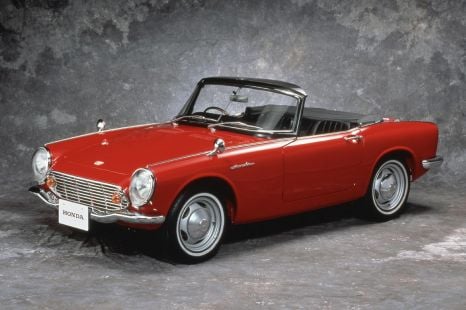

Max Davies
How Audi, BMW, Honda, Mercedes-Benz, and Suzuki started out in Australia, and where they are now
3 Hours Ago
Need to plug in and charge in a giant multistorey carpark? Volkswagen might have a a handy solution for you... but you'll need to trust a robot.

Contributor
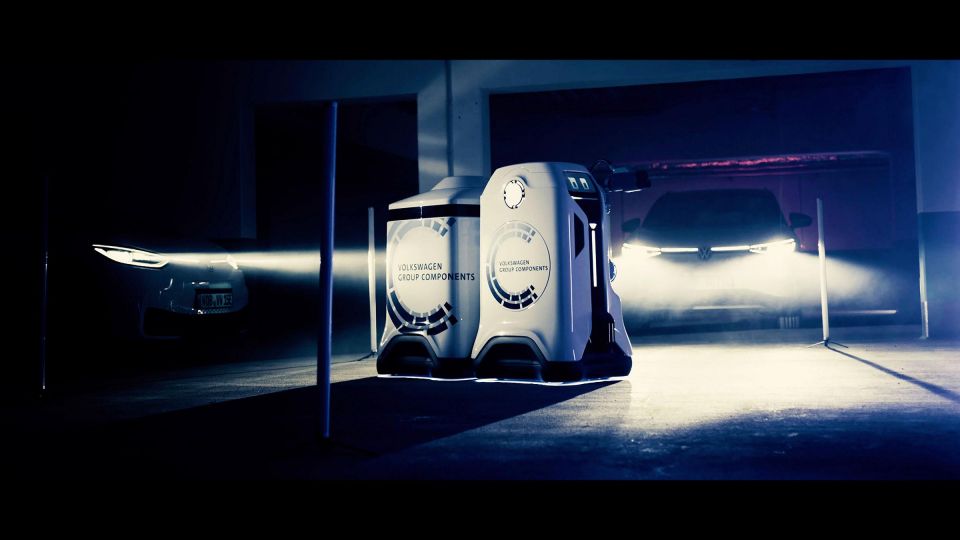

Contributor
Volkswagen has turned to robots to help solve one of the problems with electric vehicle charging.
Although wall boxes work at home, charging in the sprawling multi-storey carparks common in supermarkets or airports is a tougher challenge if electric vehicle use is widespread.
Rather than putting chargers on every car spot, Volkswagen has previewed an autonomous charge robot that finds an empty vehicle, places down a mobile charge unit to juice it up, and then returns it to base.
The robots themselves don’t charge the cars. Instead, they plug them into mobile power packs so more vehicles can be recharged at the same time.
No human input is required for the process to work, although it’s not clear how the charger knows which cars need charging. Also unclear is whether the Volkswagen Group charger will be compatible with rival electric vehicles.
“A ubiquitous charging infrastructure is, and remains, a key factor in the success of electric mobility,” said Volkswagen Group Components CEO, Thomas Schmall.
“Our charging robot is just one of several approaches, but is undoubtedly one of the most visionary.”
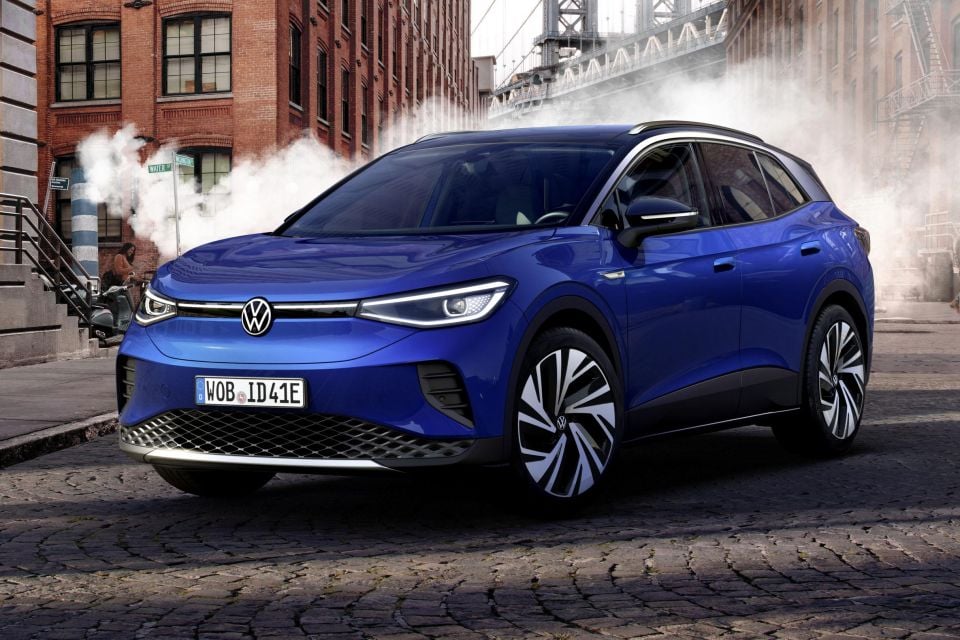
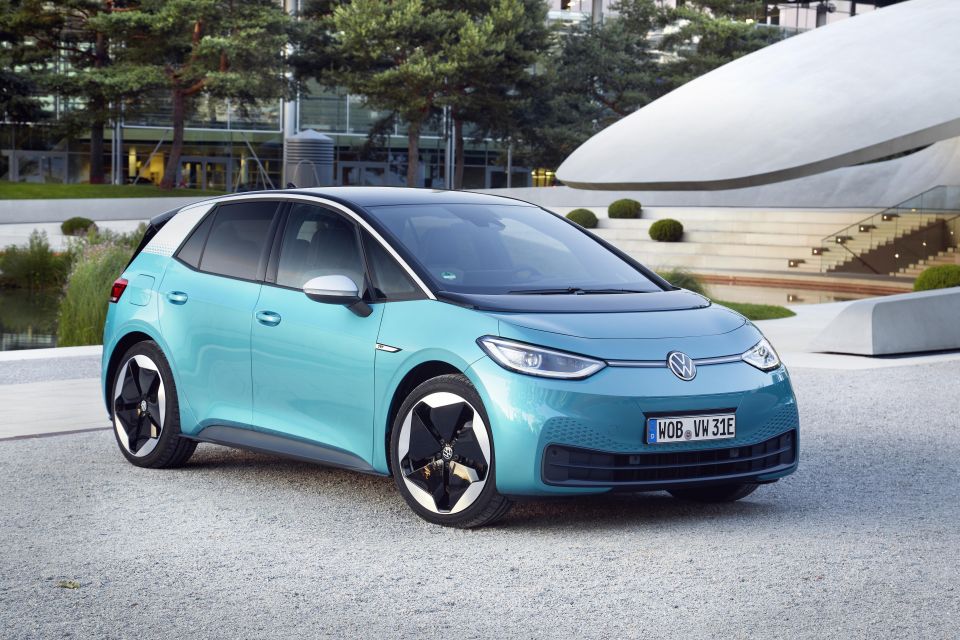
Although its electric rollout is continuing apace in Europe, Australia will have to wait for the latest Volkswagen electric vehicles.
The launch of the ID.4 SUV and ID.3 hatchback has been pushed back to late in 2023 at the very earliest, with Volkswagen Australia boss Michael Bartsch blaming demand in the “European, American and Chinese markets”.
“Our expectation at the moment is that we’ll see the ID.3 or ID.4 – whichever one comes first in Australia – in the latter part of 2023. I’m not being deliberately vague on that, it’s simply that we don’t yet have a firm introduction date,” Mr Bartsch said.
“That doesn’t mean that we won’t have one by then. It’s simply unclear at the moment what the global launch program will be for that car because the first imperatives are the European, American and Chinese markets, the northern hemisphere – particularly Europe.
“[That’s] because of the legislative requirements on CO2 [emissions] and the penalties that come in terms of not meeting the output limits. The challenge is ramp up, is supply.”
Where expert car reviews meet expert car buying – CarExpert gives you trusted advice, personalised service and real savings on your next new car.
Scott Collie is an automotive journalist based in Melbourne, Australia. Scott studied journalism at RMIT University and, after a lifelong obsession with everything automotive, started covering the car industry shortly afterwards. He has a passion for travel, and is an avid Melbourne Demons supporter.


Max Davies
3 Hours Ago
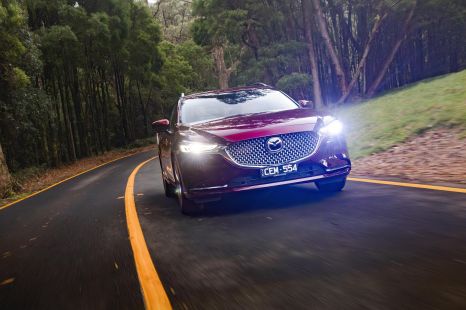

William Stopford
4 Hours Ago
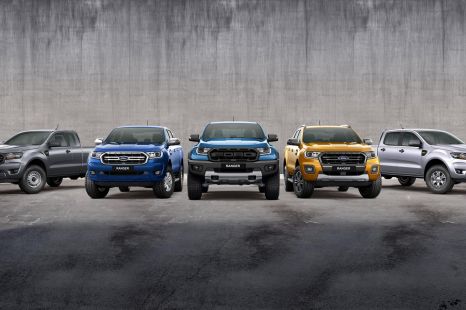

Derek Fung
4 Hours Ago
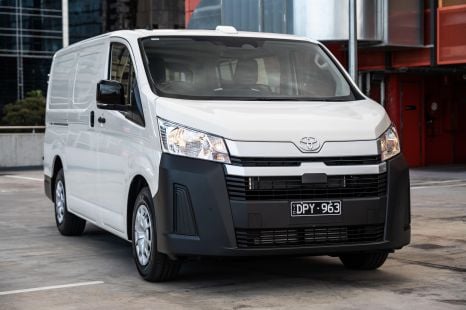

Max Davies
11 Hours Ago
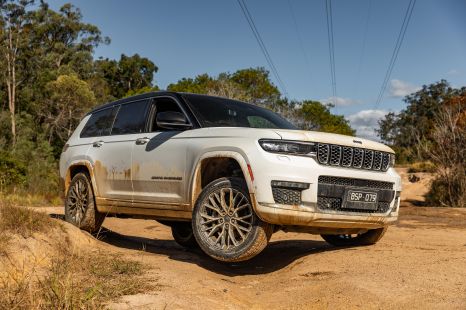

William Stopford
1 Day Ago
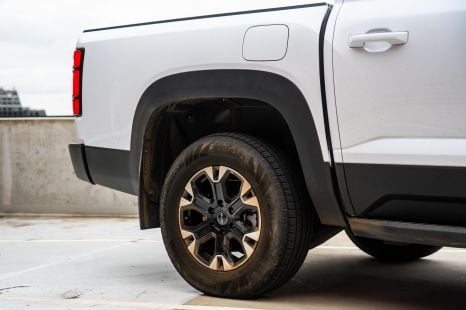

Ben Zachariah
1 Day Ago